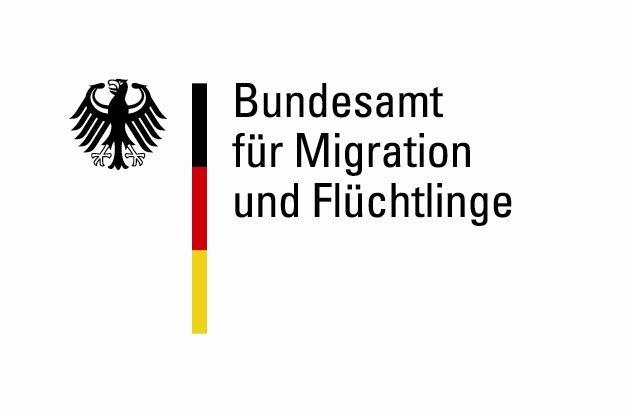Organization
Read more
Do you have any questions about our job-oriented / job-specific language courses or would you like to register directly?
Then we look forward to hearing from you. You can reach us by phone, e-mail or via the contact form.
We will advise you in detail on our course programme, content and funding opportunities and help you to select the right offer from our portfolio.
Please contact us now.
Courses
General DeuFöV projects
We currently offer the following language courses at our institute in Osnabrueck:
Target group
These courses are aimed at people (male and female) with a migration background who are looking for a job or a training place or want to advance in their profession. The courses are particularly suitable for people who:
Who can participate – prerequisites
Participants are expected to have previous language knowledge corresponding to language level B1.
In addition, people who are registered with the Agentur für Arbeit as jobseekers or training seekers or who receive benefits in accordance with SGB II, as well as trainees and employees, are entitled to take part in the courses.
People who are in the process of being recognised for their vocational qualification obtained abroad are also invited to participate. People with a residence permit can also take part in our language courses if they have good prospects of staying. The same applies to tolerated people who have been granted toleration (Duldung) according to § 60a paragraph 2 sentence 3 AufenthG (humanitarian reasons).
Overarching goals
Special course goals
Tasks during the course
Methodology
Funding
The professional language courses are supported by the Federal Ministry of Labour and Social Affairs and the Federal Office for Migration and Refugees. Participation is free of charge for participants.
Exception: Employees currently pay a personal contribution of € 2.07 per teaching unit if their taxable income exceeds € 20,000.00 in the case of individual assessment and € 40,000.00 p.a. in the case of joint assessment.
Special aspects / cross-section goals

